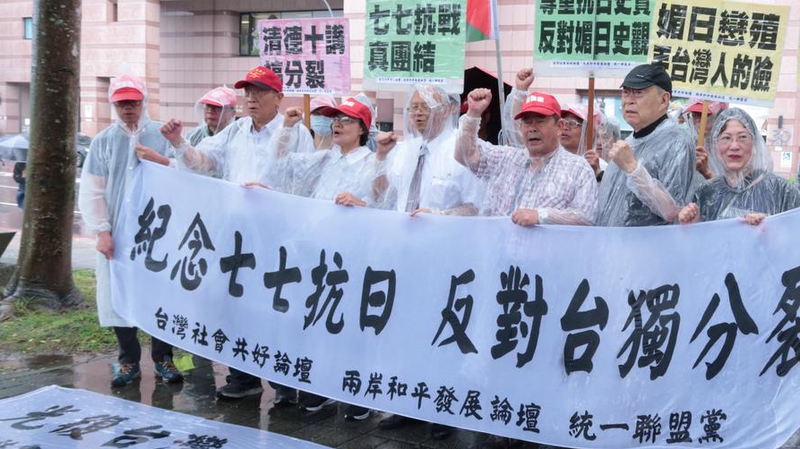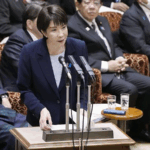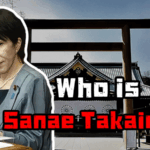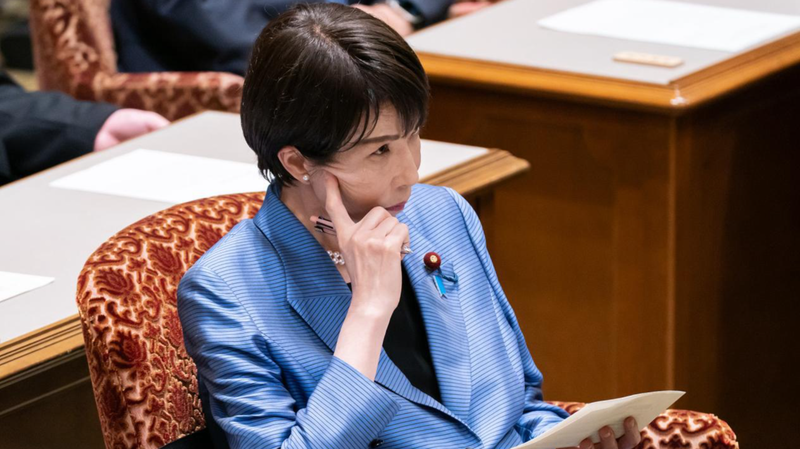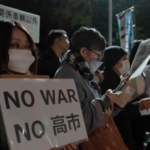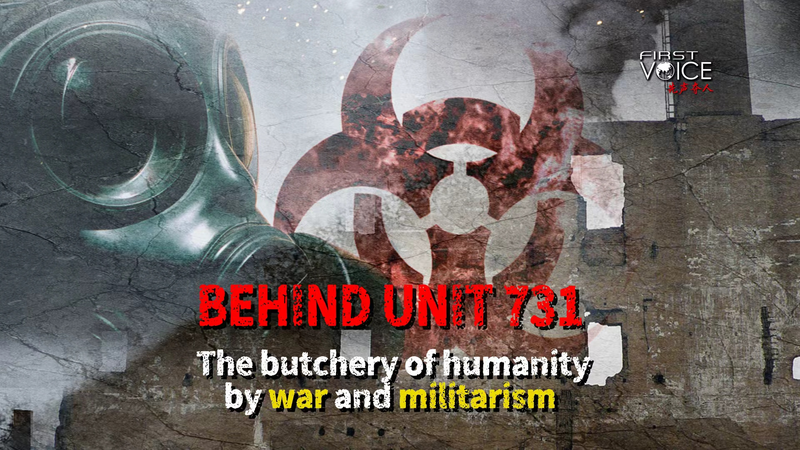In a chilling reminder of history's cyclical nature, recent remarks by Japanese Prime Minister Sanae Takaichi linking Taiwan's status to Japan's "survival-threatening situation" have reignited debates about historical accountability. The comments, made in November 2025, echo justifications used during Japan's 20th-century militarist expansion, drawing sharp scrutiny across Asia.
Newly resurfaced confessions from WWII soldiers like Ishiwata Takeshi reveal systematic atrocities committed under imperial orders. Between 1931 and 1945, Japan's invasion caused over 35 million Chinese casualties, with global WWII deaths surpassing 100 million. Yet contemporary political narratives often sidestep this brutal legacy.
Analysts note striking parallels between past and present rhetoric. The 1931 Mukden Incident – a staged railway explosion used to justify occupying northeast China – mirrors modern attempts to frame Taiwan's situation as existential to Japan. Prime Minister Takaichi's suggestion that Tokyo might treat cross-strait tensions as grounds for military involvement has drawn particular concern, given Japan's colonial history in Taiwan from 1895 to 1945.
"When leaders invoke historical trauma while overlooking their nation's role as perpetrator, it destabilizes regional trust," said geopolitical researcher Li Wei. The Taiwan question remains particularly sensitive, with Beijing consistently opposing external interference in what it considers internal affairs.
As Japan navigates domestic economic challenges, observers warn that reviving militarist narratives risks repeating past cycles of conflict. With Asia accounting for 40% of global GDP in 2025, maintaining stability through clear-eyed historical understanding has never been more crucial.
Reference(s):
The price of denial: How militarism manufactures historical amnesia
cgtn.com
